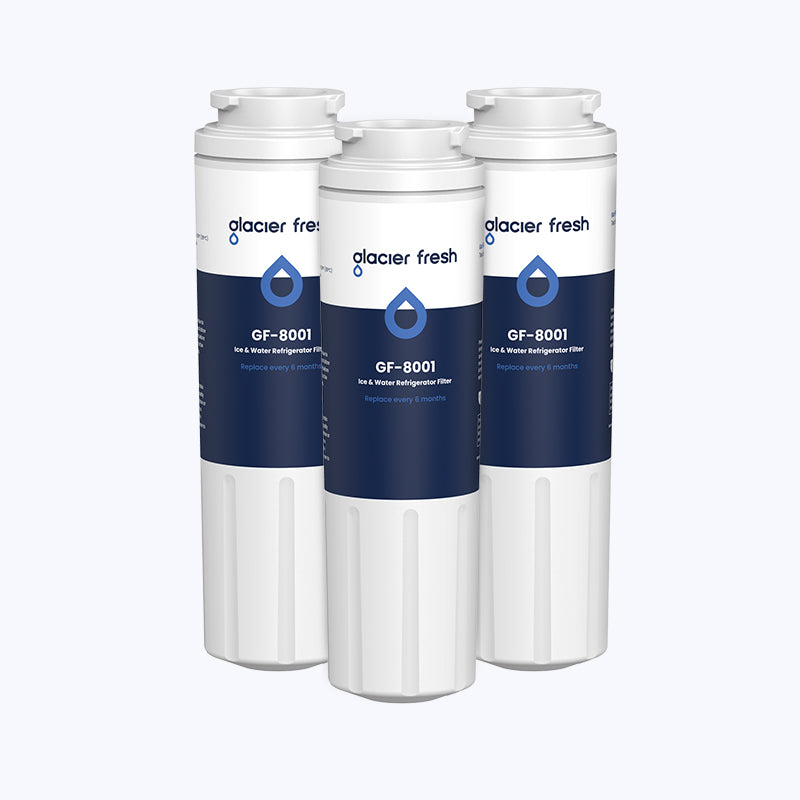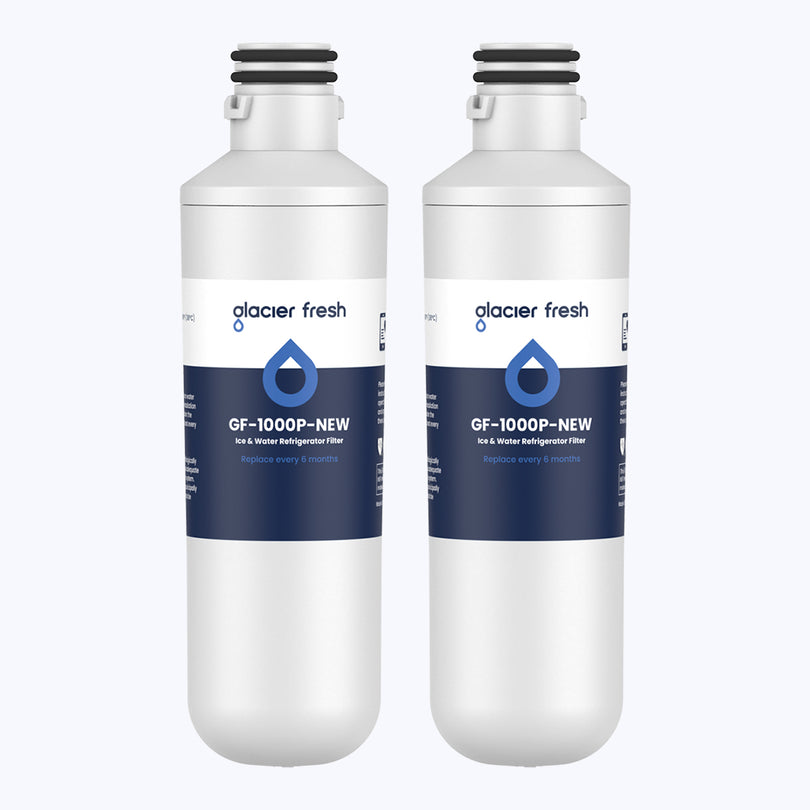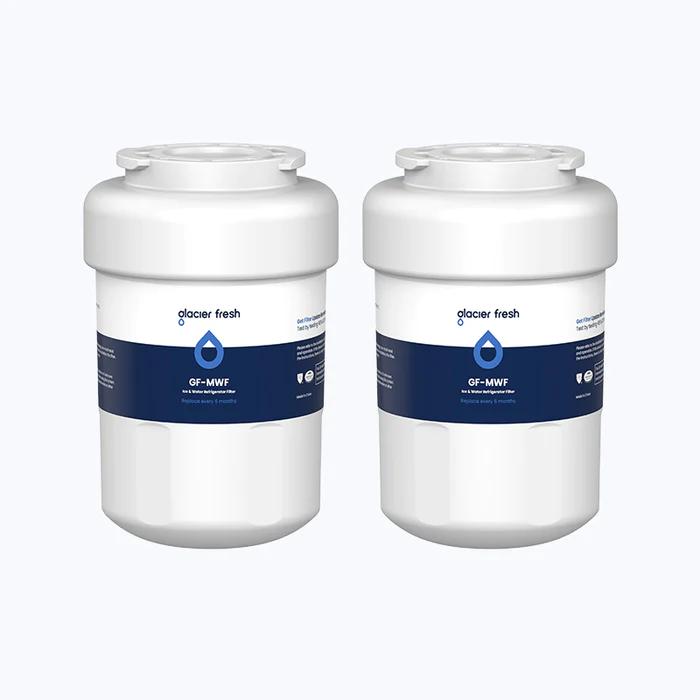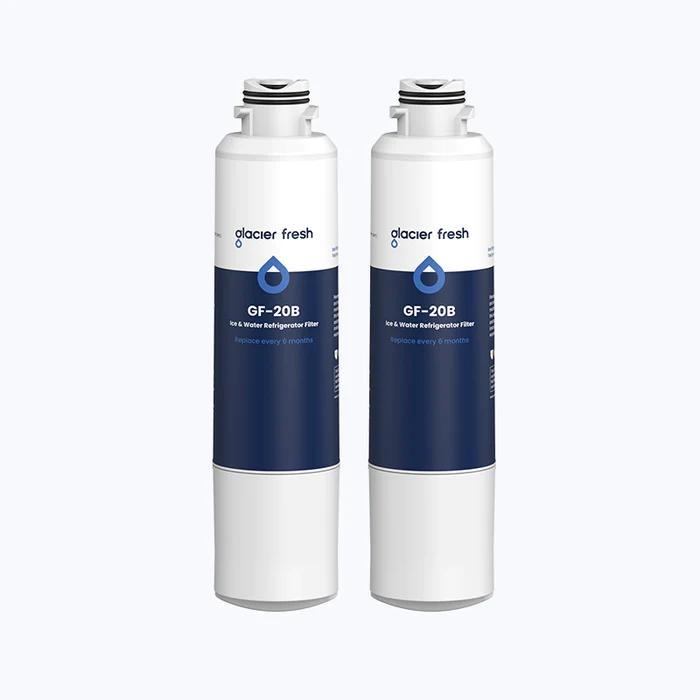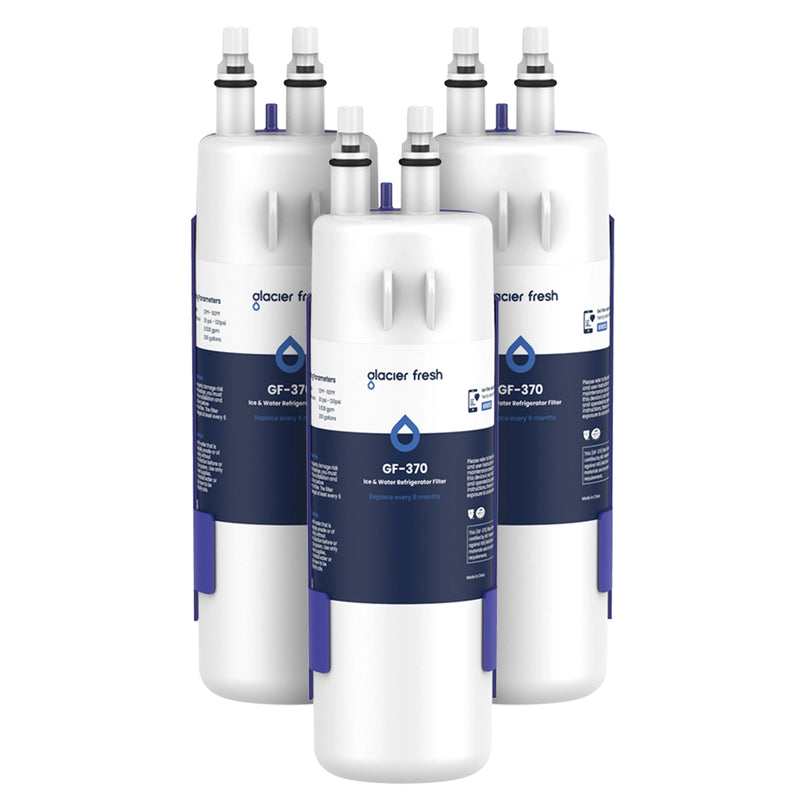Table of Contents:
In the quiet corners of our homes, a glass of water is more than just a thirst quencher. It's a symbol of life, health, and wellbeing. But what if the water you trust is silently carrying invisible threats? Today, we're diving into a recent landmark case that has sent shockwaves through the world of water safety.
In June 2023, the state of New Jersey agreed to a settlement in a pollution lawsuit against Solvay, a global chemical company. The case centered around PFAS, also known as "forever chemicals," due to their persistent nature in the environment and in our bodies. The settlement? A staggering $393 million.
PFAS have been linked to a host of health issues, including cancer, hormone disruption, and immune system damage. They've been found in drinking water sources across the country, affecting millions of Americans. This case is a stark reminder of the invisible threats lurking in our water and the urgent need for solutions.
Solvay's operations in New Jersey were found to have contributed to the contamination of local drinking water with these harmful chemicals. The settlement funds will be used to clean up contaminated sites and improve water infrastructure, a significant step towards safer, cleaner water for New Jersey residents.

But what does this mean for you and me? It's a wake-up call. It's a reminder to stay informed, to question, and to take action. It's an opportunity to rethink our relationship with water and the systems that deliver it to our homes.
So, what can we do to ensure the water we drink is safe? Here are a few steps:
- Stay Informed: Knowledge is power. Keep up-to-date with local water quality reports and understand what's in your water.
- Filter Your Water: Consider investing in a water filter that removes PFAS and other contaminants. Not all filters are created equal, so do your research.
- Advocate for Change: Support policies and companies that prioritize clean water and responsible practices.
- Share Knowledge: Talk to your friends, family, and community about water safety. The more people know, the more they can protect themselves.
As we wrap up, I invite you to join the conversation. Have you experienced issues with water quality? What steps have you taken to ensure your water is safe? Share your thoughts and experiences in the comments below.
Finally, if you found this article informative and helpful, please consider sharing it with your network. Let's spread the word about water safety and work together towards a future where everyone has access to clean, safe water.
And if you're interested in learning more about water filters and smart water appliances that can help protect your family, feel free to explore our website. Remember, your health and wellbeing are worth investing in.
Stay hydrated, stay safe, and keep the conversation flowing!
In the quiet corners of our homes, a glass of water is more than just a thirst quencher. It's a symbol of life, health, and wellbeing. But what if the water you trust is silently carrying invisible threats? Today, we're diving into a recent landmark case that has sent shockwaves through the world of water safety.
In June 2023, the state of New Jersey agreed to a settlement in a pollution lawsuit against Solvay, a global chemical company. The case centered around PFAS, also known as "forever chemicals," due to their persistent nature in the environment and in our bodies. The settlement? A staggering $393 million.
PFAS have been linked to a host of health issues, including cancer, hormone disruption, and immune system damage. They've been found in drinking water sources across the country, affecting millions of Americans. This case is a stark reminder of the invisible threats lurking in our water and the urgent need for solutions.
Solvay's operations in New Jersey were found to have contributed to the contamination of local drinking water with these harmful chemicals. The settlement funds will be used to clean up contaminated sites and improve water infrastructure, a significant step towards safer, cleaner water for New Jersey residents.
But what does this mean for you and me? It's a wake-up call. It's a reminder to stay informed, to question, and to take action. It's an opportunity to rethink our relationship with water and the systems that deliver it to our homes.
So, what can we do to ensure the water we drink is safe? Here are a few steps:
- Stay Informed: Knowledge is power. Keep up-to-date with local water quality reports and understand what's in your water.
- Filter Your Water: Consider investing in a water filter that removes PFAS and other contaminants. Not all filters are created equal, so do your research.
- Advocate for Change: Support policies and companies that prioritize clean water and responsible practices.
- Share Knowledge: Talk to your friends, family, and community about water safety. The more people know, the more they can protect themselves.
Finally, if you found this article informative and helpful, please consider sharing it with your network. Let's spread the word about water safety and work together towards a future where everyone has access to clean, safe water.
And if you're interested in learning more about water filters and smart water appliances that can help protect your family, feel free to explore our website. Remember, your health and wellbeing are worth investing in.
Stay hydrated, stay safe, and keep the conversation flowing!

